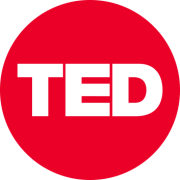https://blog.ted.com/the-dots-finally-connect-notes-on-session-12-of-ted2023/
- |
After a jam-packed week of ideas, connection and wonder, the remarkable closing session of TED2023 connected the dots, with deep thinking on purpose and the power of self-belief as well as some much-needed challenges to conventional wisdom.
The event: Talks from Session 12 of TED2023: Possibility, hosted by TED’s Chris Anderson, Helen Walters and Whitney Pennington Rodgers
When and where: Friday, April 21, 2023, at the Vancouver Convention Centre in Vancouver, BC, Canada
Speakers: Sheryl Lee Ralph, Krista Tippett, David McWilliams, Emmanuel Acho
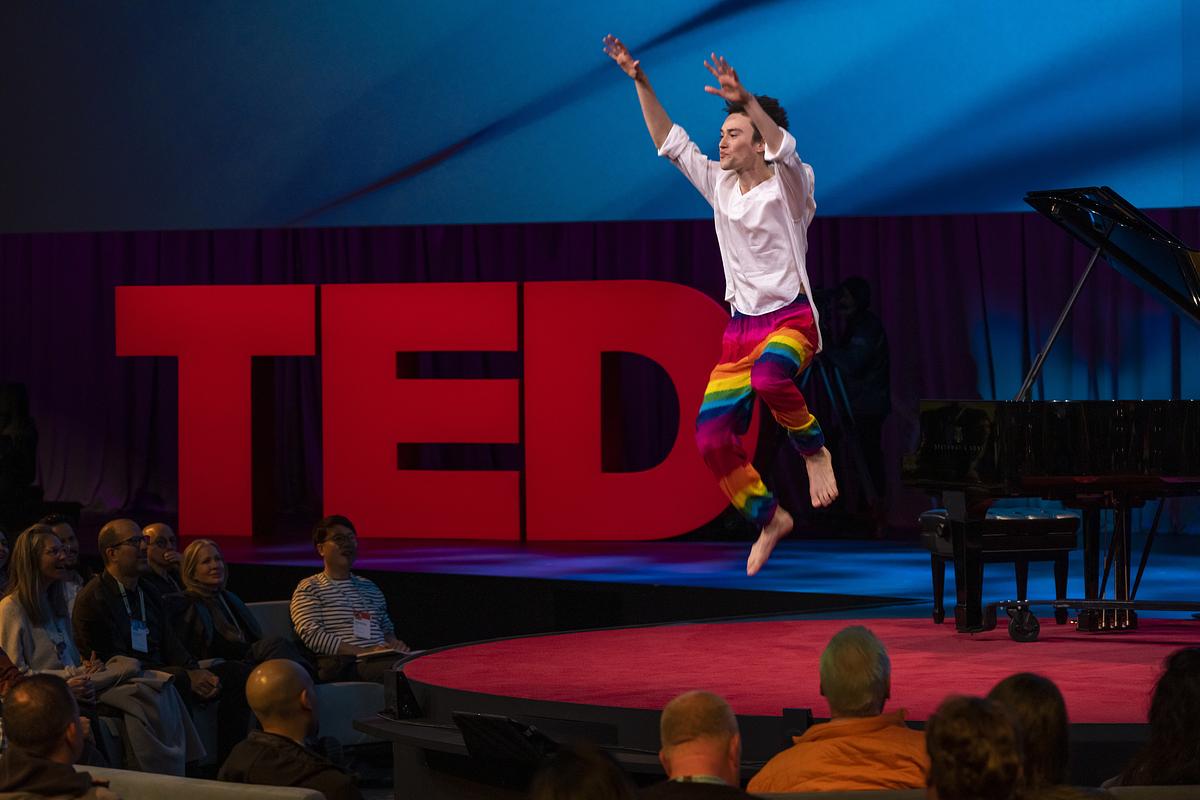
Genre-bending musician Jacob Collier performs at Session 12 of TED2023: Possibility on April 21, 2023, in Vancouver, BC, Canada. (Photo: Gilberto Tadday / TED)
Performance: Jacob Collier‘s music makes spirits soar. No stranger to the big stage, Collier brings his signature “audience choir” to TED, inviting the whole audience to test out their pipes and create haunting harmonies that prove anyone can make beautiful music.
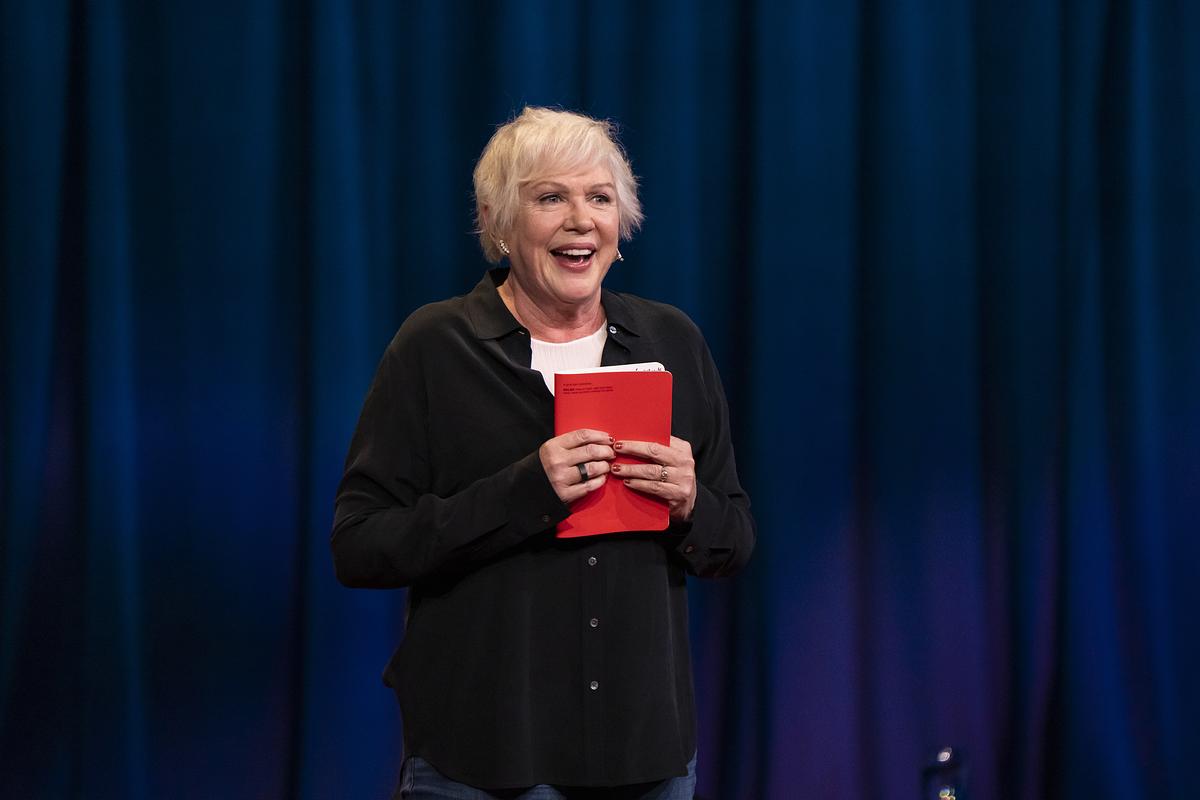
Actor and comedian Julia Sweeney speaks at Session 12 of TED2023: Possibility on April 21, 2023, in Vancouver, BC, Canada. (Photo: Ryan Lash / TED)
Conference wrap-up: Sending up the conference with her signature wit, actor and comedian Julia Sweeney observes the TED tradition of closing out a sometimes serious week with a hilarious set of jokes that celebrate the speakers who took the stage.
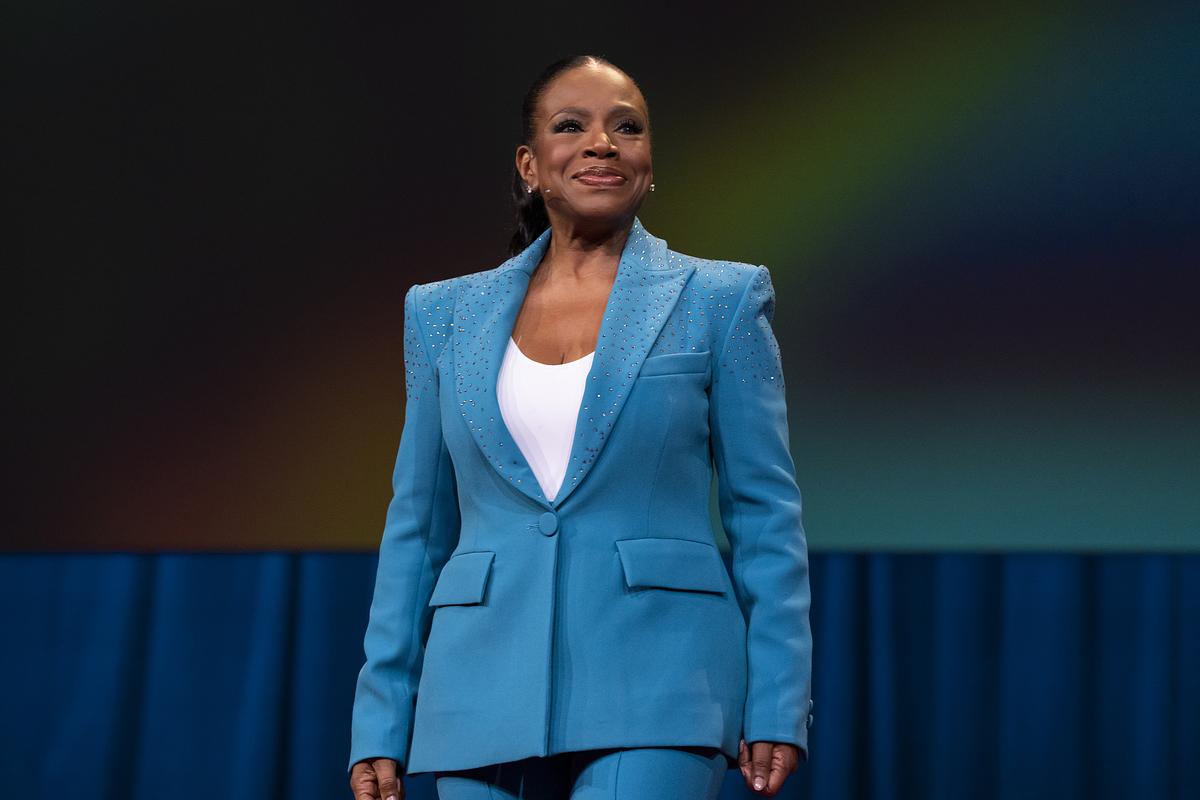
Emmy-winning actor Sheryl Lee Ralph speaks at Session 12 of TED2023: Possibility on April 21, 2023, in Vancouver, BC, Canada. (Photo: Gilberto Tadday / TED)
“The greatest relationship you will ever have is with yourself,” says actor Sheryl Lee Ralph. As soon as she steps on stage, Ralph sings a powerful rendition of Dianne Reeves’s “Endangered Species,” as she did when she won her Emmy for supporting actress in a comedy for her role as Barbara Howard in the series Abbott Elementary. Sharing her own journey (and challenges) with self-belief, Ralph gifts us with three life-altering pearls of wisdom that can help us muster the confidence to take up the space we deserve: 1) See yourself for who and what you truly are. 2) In order to believe in yourself, reframe your experiences in ways that empower you. 3) Act like you believe in yourself. Ralph urges us all to start a meaningful practice of looking in the mirror. “Believe in what you see,” she says. “If you can’t love it, then respect it. If you can’t respect it, then encourage it. If you can’t encourage it, empower it. If you can’t empower it, please be kind to it.”
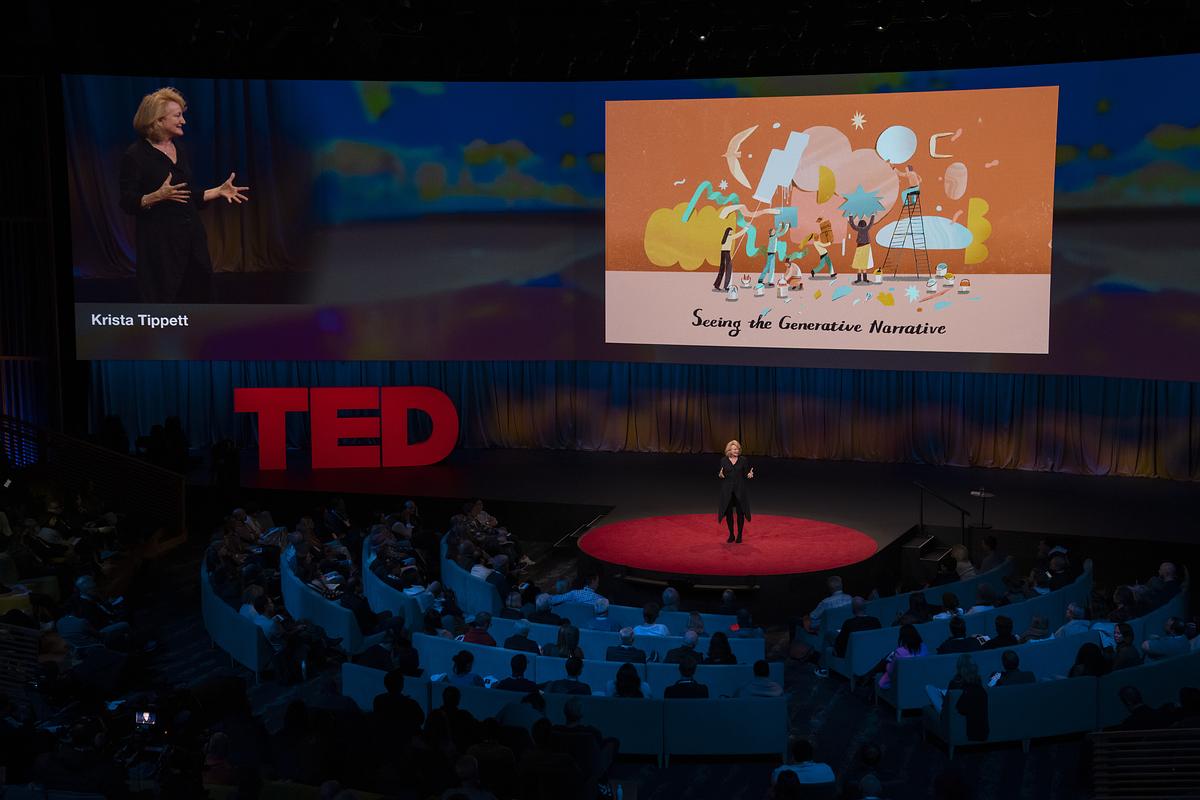
Deep thinker Krista Tippett speaks at Session 12 of TED2023: Possibility on April 21, 2023, in Vancouver, BC, Canada. (Photo: Gilberto Tadday / TED)
Journalist and host of the On Being podcast Krista Tippett dives into the spirit of a post-pandemic world and offers three tips for cultivating a happier, more meaningful life. First, she suggests, see the “generative story of our time.” Human brains are naturally inclined to notice threats, but if you retune yourself to notice the goodness around you, that can influence your worldview, too. Second, in the tradition of Rainer Maria Rilke, learn to “live the questions.” Ask high-quality questions that can deepen and guide you in the present moment; don’t fixate only on the answers. Finally, reconsider the matter of your “calling” and the possibility of wholeness. You are more than your job. Participate in your relationships and your community to discover and embrace your role in the wider story of society.
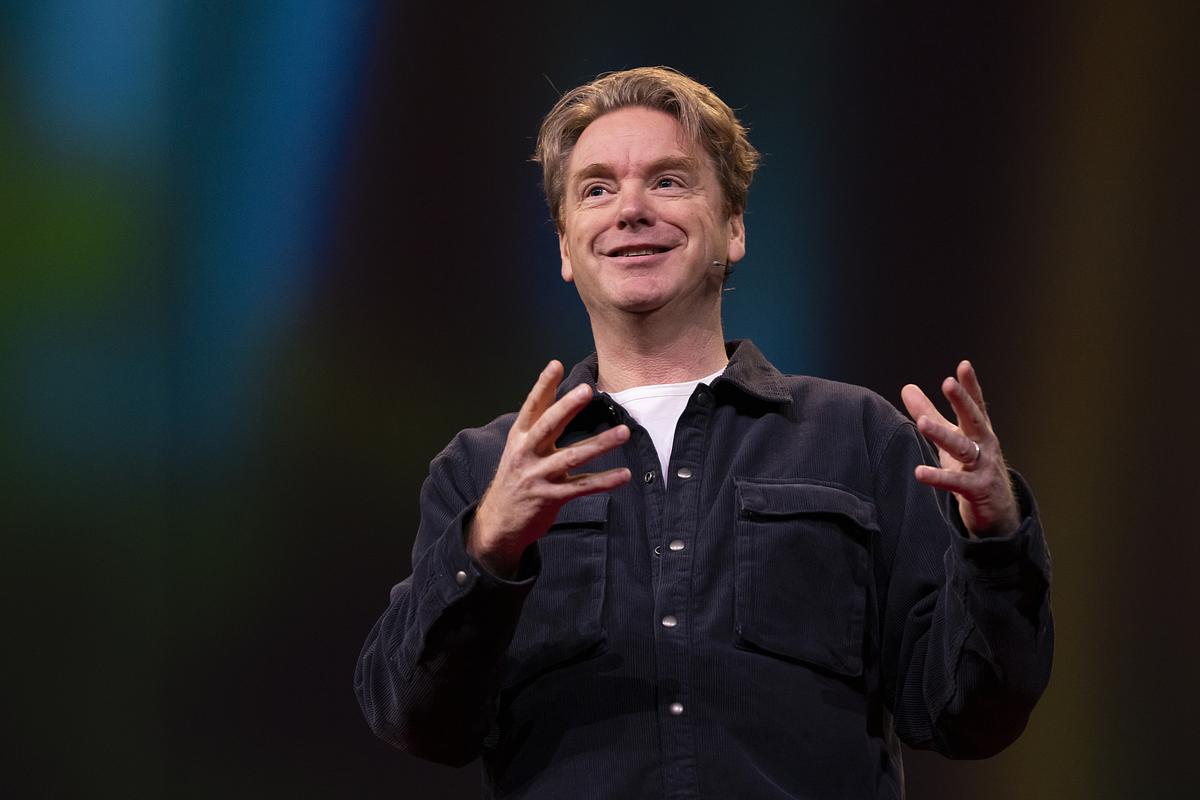
Economist David McWilliams speaks at Session 12 of TED2023: Possibility on April 21, 2023, in Vancouver, BC, Canada. (Photo: Gilberto Tadday / TED)
Economists get paid to think about the future — so why are they so often wrong? David McWilliams believes the answer lies in how our society discourages unconventional thinking. Take the consensus among economists after World War I, for example. Most predicted a return to the gold standard and a “war to end all wars.” It took a poet, William Butler Yeats, to anticipate the great tipping point ahead: “Things fall apart; the centre cannot hold; / Mere anarchy is loosed upon the world, / The blood-dimmed tide is loosed,” Yeats wrote in “The Second Coming.” McWilliams says the system that produced so many overconfident economists in the 1920s remains fundamentally unchanged. Our schools reward a narrow range of intelligence and, after formal education, we unwittingly create echo chambers that constrain our understanding of the world. To fight confirmation bias, we must embrace unconventional thinkers: “If you want to understand the world more clearly, listen less to the economists and more to the poets,” McWilliams says.
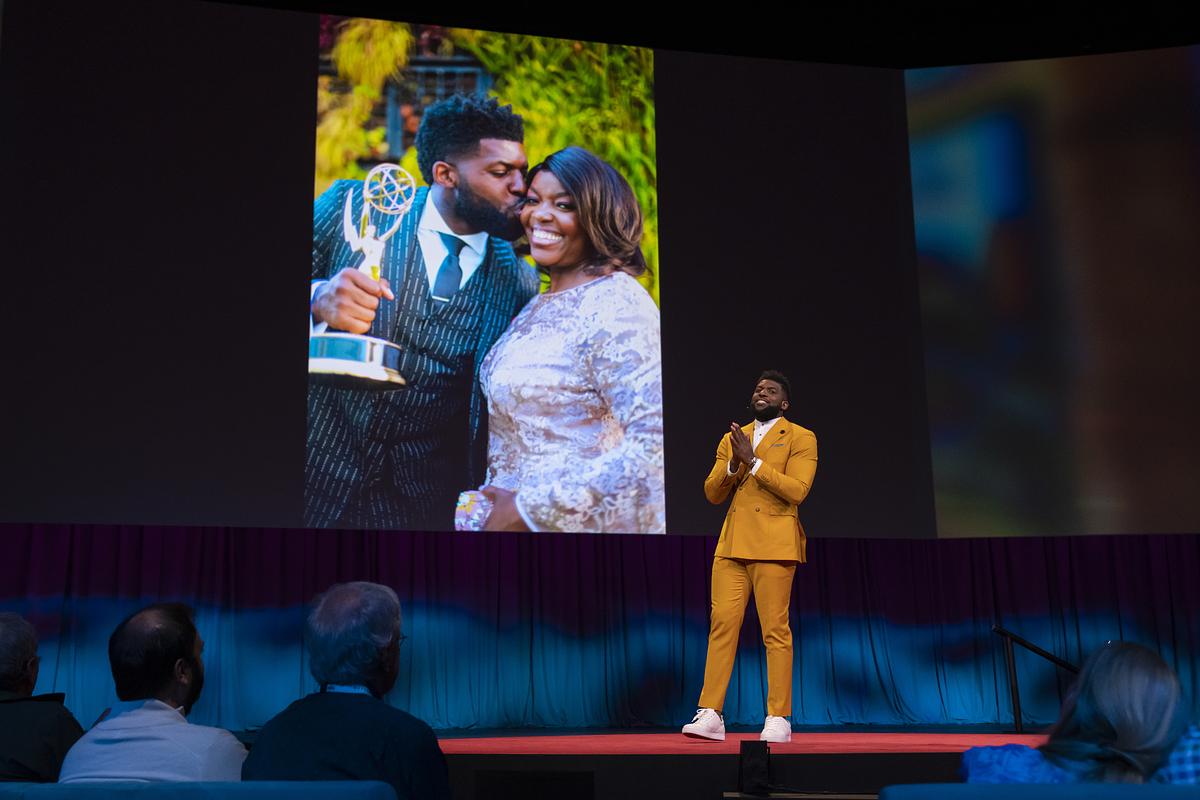
Emmy-winning host and producer Emmanuel Acho speaks at Session 12 of TED2023: Possibility on April 21, 2023, in Vancouver, BC, Canada. (Photo: Ryan Lash / TED)
Content about the power of goal-setting is inescapable. Almost anyone will tell you: if you want to achieve something, set a goal. But Emmanuel Acho, former NFL linebacker and Emmy-winning host and producer, has a different story to tell. Goal-setting, Acho says, is a symptom of our insatiable desire for feedback. We crave affirmation and the feeling that we’ve achieved an end, but whether or not you achieve your goals, Acho believes they carry a hidden cost. Goals damage your self-worth and prevent you from exploring unexpected possibilities. The most fulfilled people pursue growth with no endpoint. Take Kirk Hammett, lead guitarist of Metallica, for example. Hammett never set out to sell 125 million records: he “just wanted to play his guitar a little better every day.”
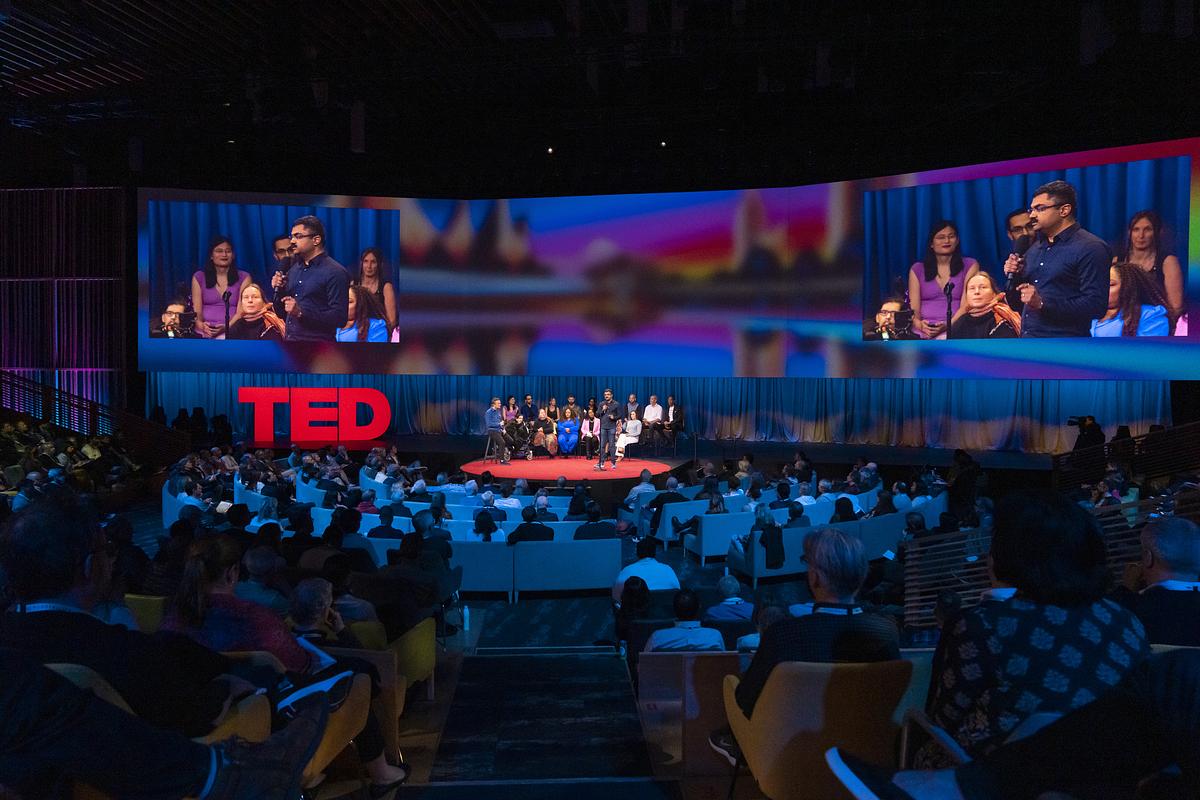
TED community members discuss the issues that matter to them most during the Town Hall at Session 12 of TED2023: Possibility on April 21, 2023, in Vancouver, BC, Canada. (Photo: Gilberto Tadday / TED)
